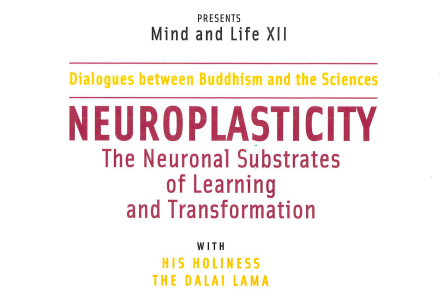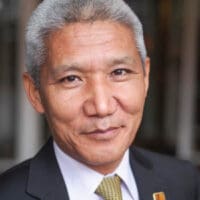
Neuroplasticity refers to structural and functional changes in the brain that are brought about by training and experience. The brain is the organ that is designed to change in response to experience. Neuroscience and psychological research over the past decade on this topic have burgeoned and are leading to new insights about the many ways in which the brain, behavior, and experience change in response to experience. This basic issue is being studied at many different levels, in different species, and on different time scales. Yet all of the work invariably leads to the conclusion that the brain is not static but rather is dynamically changing and undergoes such changes throughout one’s entire life. The scientists assembled for this meeting represent the various levels of analysis in which these questions are being pursued. Research on structural plasticity will reveal how the literal composition of the adult mammalian brain is constantly changing, and will show the factors that influence these changes.
LOCATION: Dharamsala, India
Participants

Adam Engle, JD, MBA
Mind & Life Institute

His Holiness the 14th Dalai Lama
Honorary Board Chair

Richard J. Davidson, PhD
William James and Vilas Research Professor of Psychology and Psychiatry and Founder & Director of the Center for Healthy Minds, University of Wisconsin-Madison. Founder and Chief Visionary for Healthy Minds Innovations, Inc.

Fred H. Gage, PhD
Salk Institute

Thupten Jinpa, PhD
Board Chair, Mind & Life Institute

Michael J. Meaney, PhD
McGill University

Kazuo Murakami, PhD
University of Tsukuba

Helen J. Neville, PhD
Salk Institute


Phillip R. Shaver, PhD
University of California, Davis



